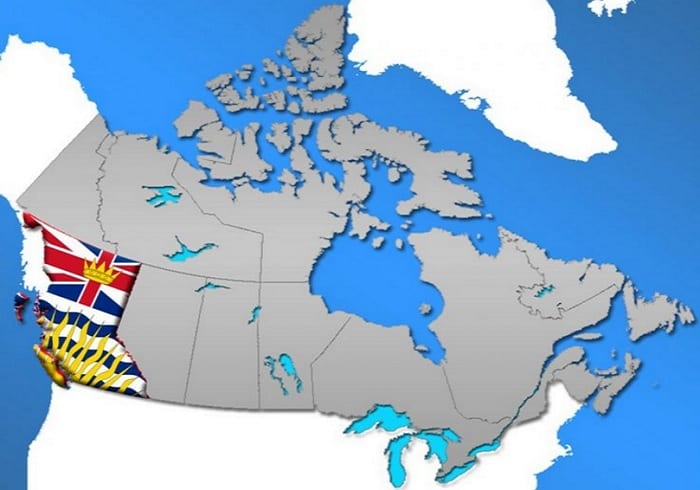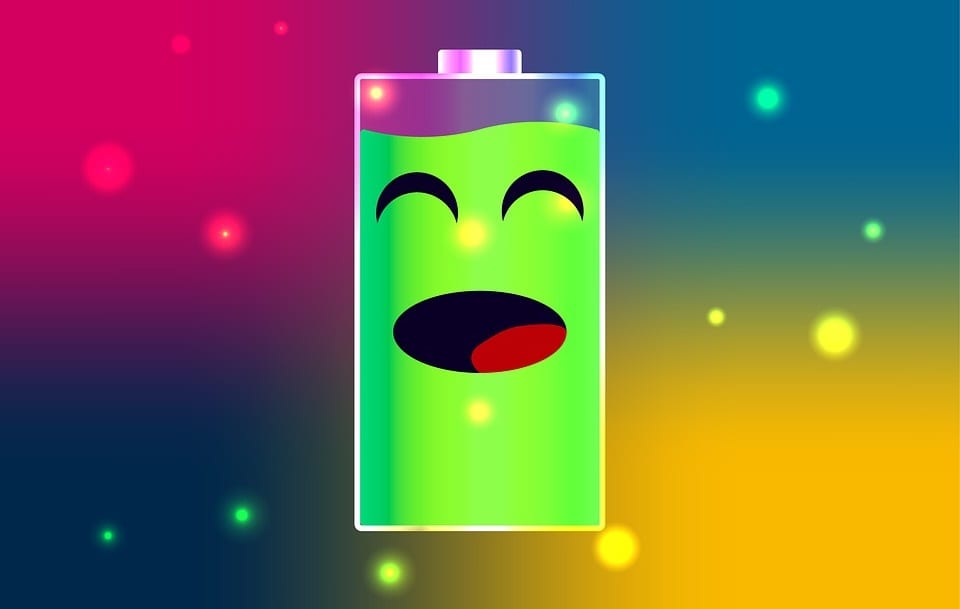
British Columbia aims to support fuel cell vehicles
February 14, 2017Government has high hopes for hydrogen fuel cells
The government of British Columbia, Canada, is preparing to show more support for fuel cell vehicles. The province has become a clean transportation hub, with many of Canada’s clean vehicles operating in British Columbia. With hydrogen fuel cells establishing a stronger position in the transportation space, some government officials believe that these energy systems will speed the transition toward vehicles that generate no harmful emissions.
Fuel cell vehicles will benefit from the Clean Energy Vehicle Program
The province has announced that it will be launching a new program designed to provide consumers with incentives to purchase fuel cell vehicles. Called the Clean Energy Vehicle Program, it has the backing of $40 million in government funding. Those interested in purchasing fuel cell vehicles can take advantage of a $6,000 subsidy that will help make these vehicles more affordable. The program has a price cap of $77,000, which may put some fuel cell vehicles out of the reach of some consumers.
Major automakers are gearing up to launch new fuel cell vehicles
British Columbia, and Canada as a whole, has become heavily invested in reducing emissions produced by the transportation space. In order to accomplish this, the government must encourage consumers to purchase clean vehicles that generate no carbon dioxide. Typically, vehicles equipped with lithium-ion batteries receive the most support offered by the government, but this is beginning to change as hydrogen fuel begins to have a greater impact on the auto industry. Most of the world’s leading automakers are developing fuel cell vehicles with plans to release these cars in the near future.
Infrastructure support needed for fuel cell vehicles to find success
In order to support the adoption of fuel cell vehicles, the government will also be working to establish a comprehensive hydrogen infrastructure. There are currently very few hydrogen stations available to consumers in British Columbia. Officials are eager to change this, however, in order to ensure that fuel cell vehicles have the support they need to become successful.



 With over 15 years of reporting hydrogen news, we are your premier source for the latest updates and insights in hydrogen and renewable energy.
With over 15 years of reporting hydrogen news, we are your premier source for the latest updates and insights in hydrogen and renewable energy.
I have seen lots of research works from the University of British Columbia. They claim that they discovered a new cheap catalyst. This new catalyst is a powerful chemical that can split the water molecules into hydrogen and oxygen when exposed to the sun. These researchers going to spry this new powerful catalyst onto the roof and the body of the cars.This means that all you have to do is spry water onto the body of your car during sunny days and you got to drive 400 miles. One big problem is there the research scientist going to write a book called electro-chemistry for dummy’s. This should help these scientist to make the powerful catalyst more efficient.